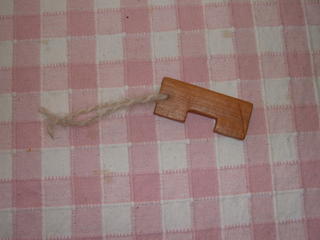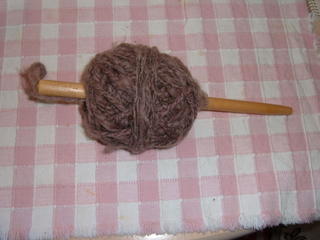scott westerfeld
The moral of the story being: Zombies are kind of awesome.
I hate Sartre, too.
"Post Modernism, in its adolescent attempt to ape the clever and witty in modern art, has shown itself to be lost in a cul-de-sac of idiocy. What was once a searching and provocative process (as Dadaism) has given way to trite cleverness for commercial exploitation."
"Stuckism is the quest for authenticity. By removing the mask of cleverness and admitting where we are, the Stuckist allows him/herself uncensored expression."
"It is the Stuckist’s duty to explore his/her neurosis and innocence through the making of paintings and displaying them in public, thereby enriching society by giving shared form to individual experience and an individual form to shared experience."



"KLINE [the cat] and I have abandoned the campfire to its
spitting and hissing fate, along with a pot of coffee-water, hopefully suspended over it, and have retired to the tent. He kneads himself a bed on my heavy camp sweater, which he prefers to all the Hudson's Bay blankets and down jackets offered to him. I don't blame him; it is made of beautiful old dark Oatmeal Sheepsdown with a natty Tyrolese border of Loden green and black. Over the years it has lengthened to a 3/4 coat and it is the sweater which had it's pockets removed and re-inserted much higher up. Blah, blah, blah, who cares?"
My grandmother, when she talks about this book, always says, "And at the end she [Enid] still thought that her life only needed a 'few corrections'," in a tone of dismay and with the rueful headshake of someone who knows better. Maybe my gran is right and Enid is doomed to remain in her rut (though I rather think that Alfred's death removed the major obstacle in her life), but the novel doesn't care whether Enid is right or wrong. Everyone thinks they are right--and someone must be wrong. In order to live your life you have to believe in corrections; we must be able to move--even if it isn't in a direction that resembles forward. Stagnancy (Alfred in his recliner in the basement, peeing into old cans) is death, or close enough for government work. At the end of the novel, even though maybe Enid hasn't changed, all the same, everything has changed.
I don't, however, know quite what to make of the Aslan/lion motif. We first see it, I think, when Gary's youngest son is reading the Chronicles of Narnia; it then resurfaces as the name of a designer drug that Enid picks up while on a cruise (international waters). Though we never know exactly what the drug does, per see, there is a strong suggestion in the way the ship doctor describes it that it is somehow related to the "miracle cure" Correctall--the drug which looks like distopian behavior modification therapy and which makes use of a chemical process invented by Alfred. Aslan's effects are like that of anti-depressive medication, only much stronger, and--apparently--create good feeling in the patient by removing the sense of shame or embarrassment. Is this a play on Narnia's allegorical aspect, Aslan-as-Christ, from "religion is the opiate of the masses" to "opiates are the religion of the masses"? In a sense, a drug that removes shame is killing religion: many social systems use shame as a tool to enforce obedience to the rules (it's incredibly effective). But the death of shame as an ideological weapon is a blow to the fabric of society (certainly American society, probably others) in general. Yet...I have a train of thought here that doesn't seem to go anywhere, except deep into doomsaying pedagogy--a terminus I want to avoid. I really hate running into This-Is-Meaningful territory in novels; it's all mire and bog, ugly, sticky, hard to get out of, and taints the rest of the landscape in connection with it.